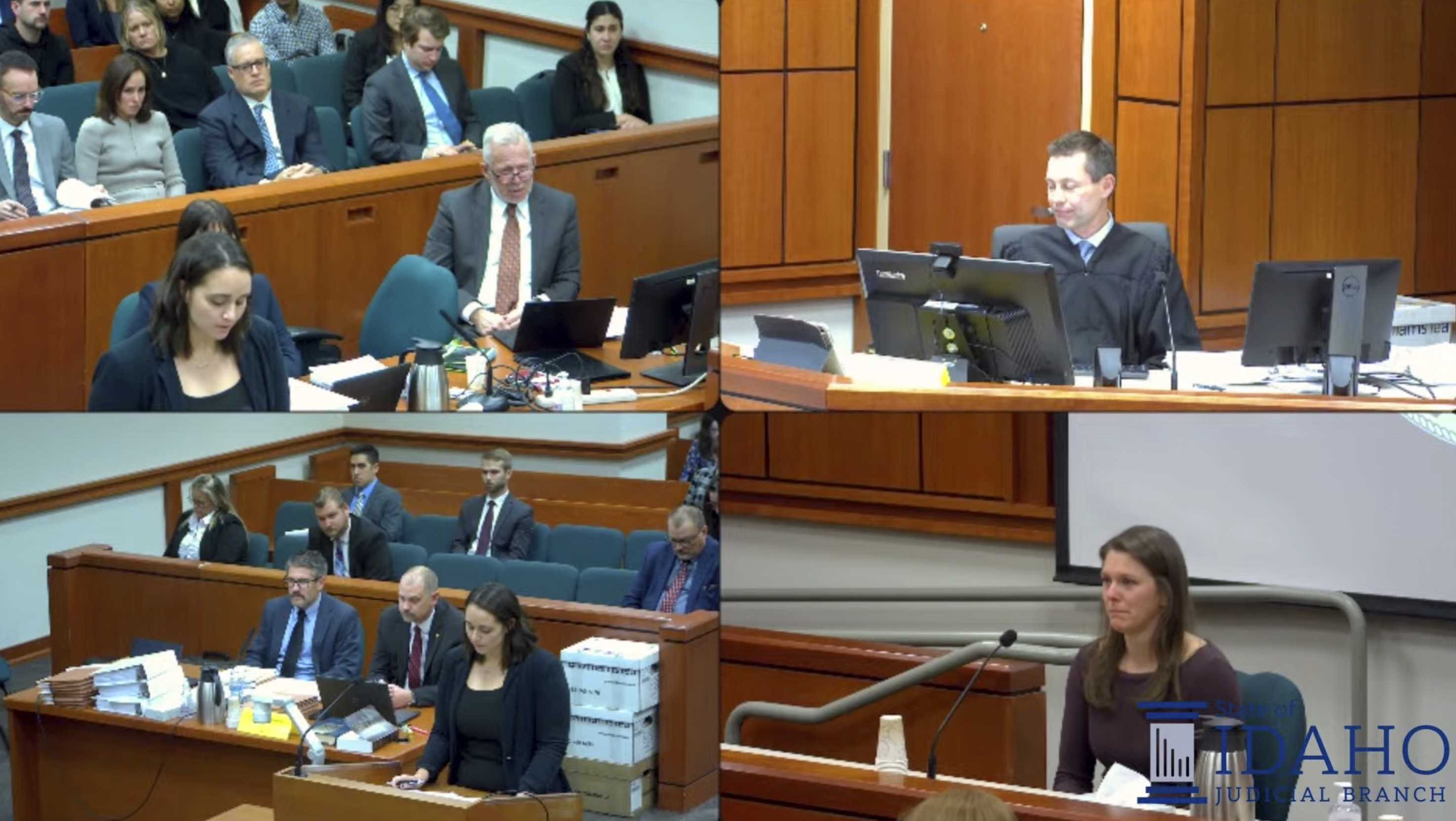Women Facing Dangerous Pregnancies in Idaho's Abortion Ban: The Rise of Medical Refugees

Women Suing Over Idaho's Abortion Ban Describe Dangerous Pregnancies
Source: AP News
Context of the Case
- Four women are challenging Idaho's strict abortion ban, which forces them to seek out-of-state procedures due to serious pregnancy complications.
- They are represented by the Center for Reproductive Rights and aim to clarify exceptions in the law rather than overturn it.
Experiences of the Plaintiffs
- Jennifer Adkins shared her journey, highlighting the severe medical condition of her fetus and risks to her health, including the potential for "mirror syndrome."
- Kayla Smith's testimony revealed the heartbreak of learning her baby, named Brooks, would not survive due to fatal anomalies, forcing her to travel for care.
- All women expressed feelings of becoming "medical refugees" as they sought necessary care beyond Idaho's borders.
Legal Arguments and State Opposition
- The plaintiffs seek to expand the exceptions for abortions beyond the current law, which only allows them when the mother’s life is at risk.
- Opposition from Idaho's Attorney General emphasized a belief in the right to life for unborn children and the necessity to protect their interests.
- The state contends that allowing broader interpretations of abortion exceptions would undermine legislative intent.
Impact on Healthcare Providers
- Dr. Emily Corrigan testified about the confusion the law has created among healthcare providers, complicating emergency care for pregnant patients.
- She highlighted instances where critical care had been delayed due to uncertainty about legal implications for providing abortion services.
Conclusion
- The ongoing legal battle reflects deep divisions regarding reproductive rights in Idaho and raises pressing questions about the health and safety of pregnant individuals.
- This case highlights the real-world consequences of strict abortion laws on women's health outcomes, as outlined by the personal experiences of the plaintiffs.




